Best movies like Katerina Izmailova
A unique, carefully handpicked, selection of the best movies like Katerina Izmailova Starring Galina Vishnevskaya, Artyom Inozemtsev, Nikolai Boyarsky, Aleksandr Sokolov, and more. If you liked Katerina Izmailova then you may also like: The Vow, Anna Karenina, Sleuth, The Captivating Star of Happiness, The Great Caruso and many more popular movies featured on this list. You can further filter the list even more or get a random selection from the list of similar movies, to make your selection even easier.
Katerina Izmailova is a filmization of Dmitry Shostakovich's long-suppressed 1936 opera. Galina Vishnevskaya stars as Katerina, a bored 19th century farm wife. At the behest of her grungy lover, Katerina murders her husband and her father-in-law. She and her new beau are both sent to Siberia, where the lover almost immediately takes up with a younger woman. Banned by Stalin for its bleak portrait of Soviet life, Katerina Izmailova was not given a Russian staging for over 40 years; its Metropolitan Opera debut did not occur until 1994. Dmitri Shostakovich also wrote the screenplay for the screen version of Katerina Izmailova.
You may filter the list of movies on this page for a more refined, personalized selection of movies.
Still not sure what to watch click the recommend buttun below to get a movie recommendation selected from all the movies on this list
Anna Karenina
The plot of the film is the love of a married woman, Anna Karenina, and a young officer, Aleksei Vronsky. Anna leaves the family in search of happiness to her beloved person. She has to take a very serious step in her life - to part with her son. The attitude of the high society towards her is changing. All this brings a lot of pain and humiliation to the main character. The tragic story of love and betrayal, the fate of a woman, for the sake of passion who decided to change her life irrevocably.
The Captivating Star of Happiness
In December 1825, distinguished members of the Russian military, most of whom were quite affluent and of noble lineage, took it upon themselves to stir revolution against the autocratic and tyrannical Czar Nikolai I in the wake of his not honoring the drafting of a constitution for the Russian people. The revolution failed miserably and the conspirators (known as the Decembrists) were weeded out by the czar himself. One by one, each of the conspirators confess and are systematically exiled to the harsh winters of Siberia, slated to work and wither in a prison/mine. The wives of the conspirators are faced with the prospect of leaving the bosom of wealth and family (including their own children) to be with their husbands in the brutal Siberian locale. If they agree to this, they face having their illustrious social stations stripped away and certain disdain from everyone around them...
The Great Caruso
Loosely traces the life of tenor Enrico Caruso (1873-1921). He loves Musetta, in his home town of Naples, and then Dorothy, the daughter of one of the Metropolitan Opera's patrons. Caruso is unacceptable to both women's fathers: to one, because he sings; to Dorothy's, because he is a peasant. To New York patricians, Caruso is short, barrel chested, loud, emotional, unrefined. Their appreciation comes slowly. The film depicts Caruso's lament that "the man does not have the voice, the voice has the man": he cannot be places he wants to be, because he must be elsewhere singing, including the day his mother dies. Throughout, Mario Lanza and stars from the Met sing.
The Idiot
The film is based on the first part of the novel of the same name by Fyodor Dostoevsky. Prince Myshkin returns to Russia from Switzerland, where he was treated in a psychiatric clinic. On the train, on the way to St.Petersburg, the prince meets Parfyon Rogozhin, who tells him of his passionate love for Nastasya Filippovna, the former containment woman of the millionaire Totsky. In St.Petersburg, the prince finds himself in the house of his distant relative – Lizaveta Yepanchina (General's wife), meets her husband, their daughters, as well as the Secretary of General – Ganya Ivolgin. The portrait of Nastasya Filippovna, accidentally seen on the general’s table, makes a great impression on the prince...
Lady Macbeth of the Mtsensk District
Katerina Izmailova, a beautiful and uneducated merchant's wife, feels lonely and bored somewhere in the Russian provinces while her older husband is often away. Years go by in her childless marriage, without an outlet for her youthful energy, resulting in constant idleness and frustration. Along comes Sergei, an unscrupulous young worker who is happy to improve his lot by seducing Katerina as he has done with others before. Katerina falls for Sergei, and this love quickly becomes her only reason for living, turning to destructive passion and ultimately to tragedy for many.
Life and Extraordinary Adventures of Private Ivan Chonkin
Set in a small Ukrainian village during the outbreak of war with Germany in 1941 Private Chonkin, not overly endowed with intelligence, is left to guard a downed military aircraft. The authorities appear to have forgotten about him so this leaves him free to work his chams on the village postmistress, Njura, untill the local militia are tipped off.
Mother
The social ferment in late 19th century Russia which led to the 1917 Russian Revolution is movingly portrayed in this lengthy historical drama, which is very faithful to the 1907 novel The Mother by the celebrated Marxist writer Maxim Gorky (1868-1936). In the story, "the mother" (Inna Tchourikova) has no other recourse than to watch her decent, kindly husband turn into an animalistic, drunken brute as a result of working in the inhuman conditions of a steel mill in the town of Sormovo. When he begins to express his suppressed rage by beating her, she is defended by her teenaged son Pavel (depicted Viktor Rakov as an adult, Sacha Chichonok as a boy). After his father's death, Pavel is forced to go to work in the same factory. However, Pavel and his friends begin investigating Marxism and socialist thought, and work to organize their fellow workers.
Song of Freedom
John Zinga, a descendent of slaves, has an ancient medallion around his neck and a fragment of song passed down generations. He is an English dockworker with a magnificent voice and a yearning to learn his roots.
Summer Storm
It's a tale of power and passions when a Russian siren, who wants the finer things in life, sinks her hooks into a judge, a decadent aristocrat and an estate superintendent, with surprising results.
Three Songs About Lenin
This documentary, made up of 3 episodes, is based on three songs sung by anonymous people in Soviet Russia about Vladimir Ilyich Lenin.
The Secret Agent
In 1880s London, pornographic bookseller Verloc is a double agent for the Russian government, providing information to Chief Inspector Heat about a lazy anarchist organization. In order for the anarchists to be arrested, an act of terrorism must occur. So Verloc decides to set up bombs – which leads to tragedy – not only for himself but also for his family, including wife Winnie and brother-in-law, Stevie.
The World to Come
In 1856, two women forge a close connection despite their isolation on the American frontier.
Take My Life
When her husband is wrongly accused of murder, an opera singer sets out to find the real culprit.
Autumn Marathon
Andrey Pavlovich Buzykin, who makes a living by teaching at an institute and translating English literature, is cheating on his wife. Buzykin's main problem is that he's a kind man with a weak character. The lies he is telling his wife all the time are inconvincing, but he never has the courage to tell her the truth. His lover, Alla, is aware of his family life, but gets offended when, for example, he cannot meet her so that he doesn't come home late, or when he doesn't want to go home in a new jacket she gives him to avoid having to explain to his wife. Alla and Nina, Andrei's wife, both leave him, forgive him, and return to him at the same time, and Andrei continues with this kind of life, full of suffering and deceit. Finally, both women are so fed up with his lies that they don't believe him even when he is telling the truth...
The Grass Is Singing
In Southern Rhodesia in the 1940s, city-dweller Mary marries farmer Dick Turner and is plucked from the comforts of her cosmopolitan life and forced to live on his unsuccessful farm. Mary slowly goes insane and has a sexual affair with her black servant, Moses. When the affair is discovered, Mary asks Moses to leave the farm, but he returns and murders her.
Dombey & Son
The dream of Paul Dombey, the wealthy owner of the shipping company, is to have a son to continue his business. Tragically, Dombey's wife dies shortly after giving birth to their son.
From the Life of Ostap Vyshnya
Biographical film of the most dramatic period in the life of the famous Ukrainian writer Ostap Vyshnya, who in the 1930s was repressed by the Russian authorities and exiled to Siberia. Faithful wife and assistant Varvara Maslyuchenko shared his fate and followed her husband into exile.
The Cold Summer of 1953
In 1953, the year Stalin died, many prisoners (some political, but mostly common criminals) were released from the Soviet Gulags. This is the story of a remote settlement which was under attack by a bunch of these recently-released blood-thirsty thugs in the summer of 1953, and the townspeople, along with a two political prisoners, who try to stop them.
Trial and Error
After nearly 40 years of waiting for his big chance, Wilfred Morgenhall is given the case of defending Herbert Fowle who is accused of murdering his wife. Despite Fowle's insistence of guilt, Moregenhall will not let go of the opportunity to plead his client as innocent and be a star in the courtroom.
Russia vs. the World
Fiona Shaw narrates this exploration of Russia's medieval origins through to its bloody expansion to become the biggest country in the world. It's a tale that set the scene for one of the world's most enigmatic figures, and his vision of modern Russia. From a tyrannical grip on ordinary citizens to rampant corruption at the highest level, this film reveals the secrets behind holding the world's largest country together in a narrative that takes in the KGB and its ancestors as well as Stalin, murder and gulags.
Lost in Siberia
The political drama is set in the Stalin's Soviet Union after the Second World War. A British archaeologist Andrei Miller is working in Iran. He is mistakenly kidnapped and arrested by the KGB. He is falsely accused of spying and wrongfully sentenced to a Gulag prison-camp in Siberia.
A Little Doll
A young Russian gymnast is forced to return to the life of an ordinary teenage girl after an injury prevents her from competing.
Mozart and Salieri
Film version of the Rimsky Korsakov opera from the Pushkin story. Motsart i Salyeri (Mozart and Salieri), based on a legend that Salieri poisoned Mozart, meditates on the nature of creativity while introducing, in brilliantly compressed speeches, what was to be one of the important Russian themes—metaphysical rebellion against God.
A Man Who Never Was
In the final weeks of the existence of the Soviet empire, a number of unusual films were released. In this wry Estonian comedy, a woman with an unusual talent for mimicry which eventually earns her a career on the radio between WWII and the Russian resettlement of that country (with a corresponding deportation of millions of Estonians to Siberia). In an absurd fashion, her self-generate sound effects help her get out of all sorts of scrapes with the authorities. When those fail, her incredible nonchalance succeeds. By the end of the film, it becomes clear that she has bestowed her inimitable imitative gift on her newborn son, as well.
The Great Dawn
In 1917, the people of the Russian Empire are no longer willing to fight Germany, but the bourgeois government of Alexander Kerensky is unwilling to defy its imperialist allies and stop the war. Only Vladimir Lenin's Bolshevik Party is resolute in calling for peace. In the front, the soldiers of one battalion elect three delegates to travel to St. Petersburg with donations the troops collected for the Pravda newspaper: Gudushauri, Panasiuk and Ershov. The three arrive in the capital and describe the horrendous conditions in which the soldiers live to Joseph Stalin, Lenin's trusted aid and colleague. They join the Bolsheviks and take part in the storming of the Winter Palace, led by Stalin and Lenin. Stalin announces that the great dawn of revolution has broken.
Eugene Onegin
Eugene Onegin, a jaded young dandy from the big city of St. Petersburg, travels to the country to ingratiate himself into the affection of a dying uncle. There he meets the idealistic and romantic poet Vladimir Lensky, who introduces him to the daughters of a local landowner.
Don Giovanni
Since its debut in 1934 the Glyndebourne Festival has put a focus on Mozart operas and developed a great competence in staging them. Mozart s operas seem to be made for the small but fine opera house in Glyndebourne and it's not surprising that the 1977 Don Giovanni, one of Mozart's great masterpieces, was a huge success. This production is conducted by Bernard Haitink, who holds the opinion, that no other composer had more opera in his blood than Mozart. It has been proven, for example, that Mozart had no overture for Don Giovanni until the evening before the premiere in Prague and wrote it down in just one night. Like the premiere's success of the opera in Prague in 1787 the Glyndebourne's version staged by Peter Hall was praised by audience and critics alike: We witness a lively and wide-awake ensemble piece that has easily survived all these decades, and still manages to teach many directors the art of playing theatre.
Accidental Meeting
A supposedly ordinary woman’s personal triumph and tragedy is explored in Igor Savchenko’s 1936 Sluchainaya Vstrecha (Accidental Meeting). Irina – the best shock worker in a provincial children’s factory – develops a relationship with the newly arrived and charming physical culture instructor named Grisha. Soon we learn that Irina is pregnant. Disappointed and angry on hearing her news, Grisha asks her about what will now happen to all their dreams.
The Metropolitan Opera: La Fille du Régiment
Madcap physical comedy and impeccable coloratura come together for Natalie Dessay’s indelible portrayal of the feisty tomboy raised by a regiment of French soldiers. Juan Diego Flórez is the young Swiss villager who conquers her heart—and a slew of high Cs. Also featuring uproarious performances by Felicity Palmer and Alessandro Corbelli, as well as a cameo by Tony Award winner Marian Seldes, this laugh-out-loud production was a runaway hit that left audiences exhilarated.
Leningrad Symphony
During the brutal siege of Leningrad in the Second World War, musicians are able to stage a public performance of the Seventh Symphony by Dmitry Shostakovich.
Tale of the Star-Child
"Tale of the Star Child" is a two-part television film, based on the works of Oscar Wilde. Like the earlier film, The Star Boy (1958), The Tale of the Star Boy, was based on two tales from Wilde's collection "A House of Pomegranates" - The Star-Child (1891) and The Birthday of the Infanta (1888) . However, the plot, in contrast to the first screen version, made more significant changes: in particular, added science-fiction elements and completely eliminated magic.








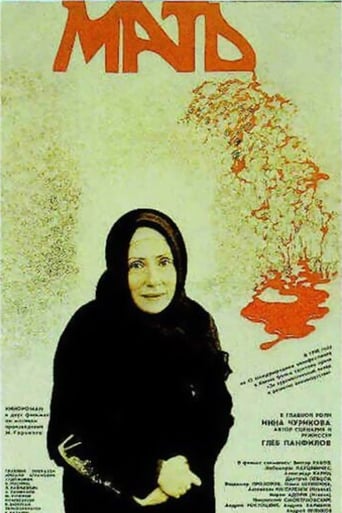
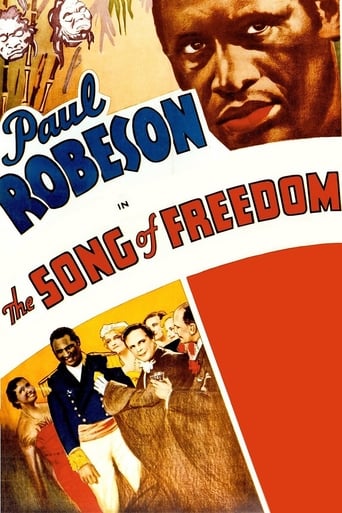



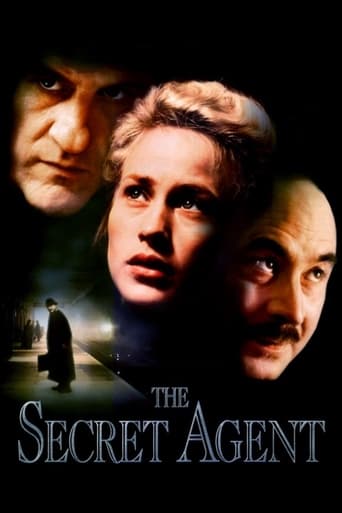

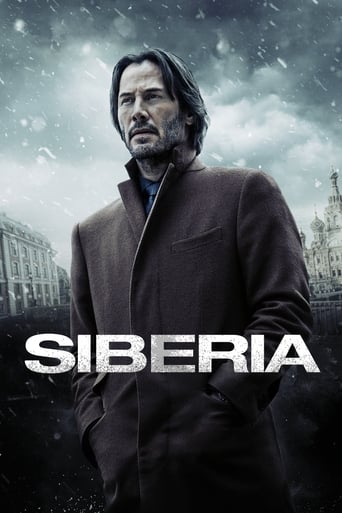


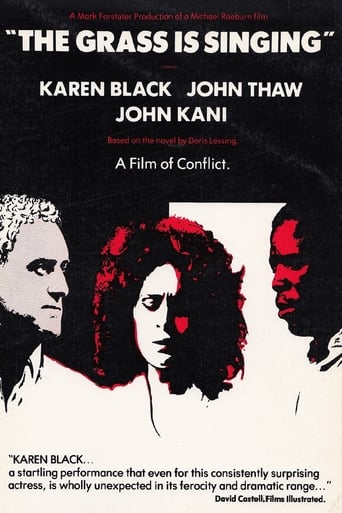



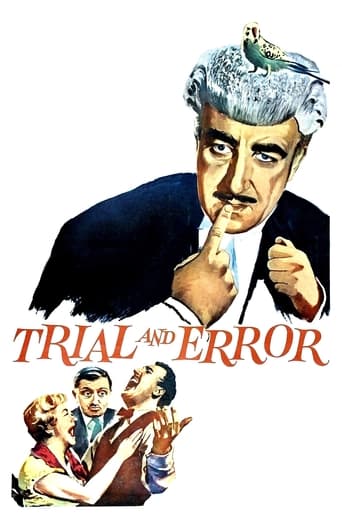

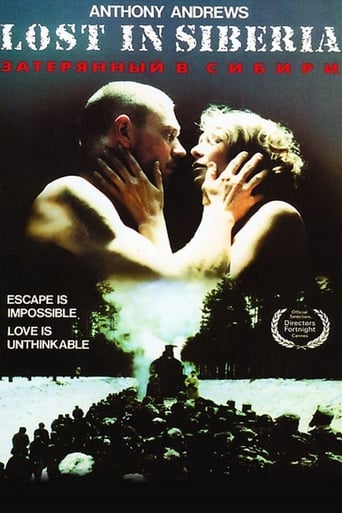










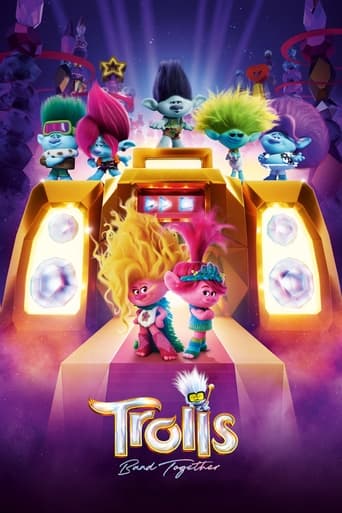
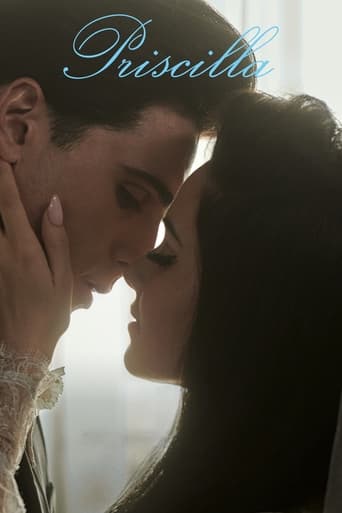
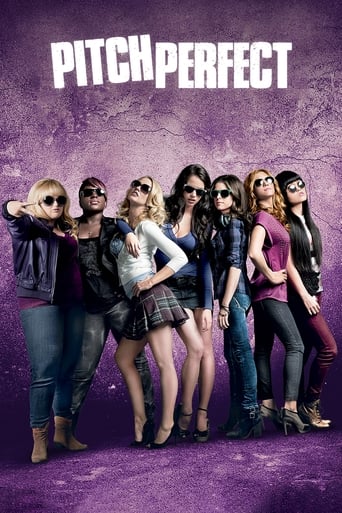
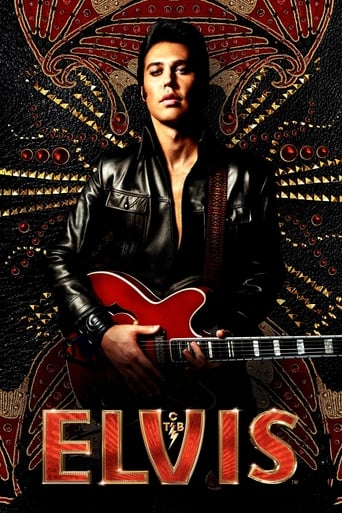
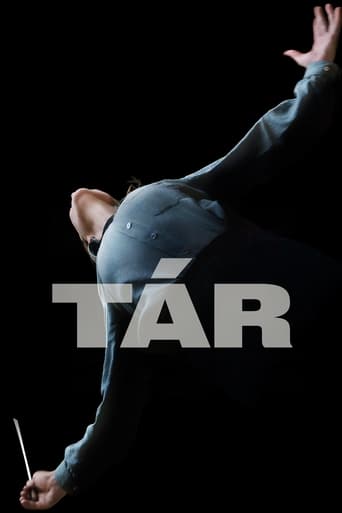
The Vow
The story of Stalin and the Soviet people.